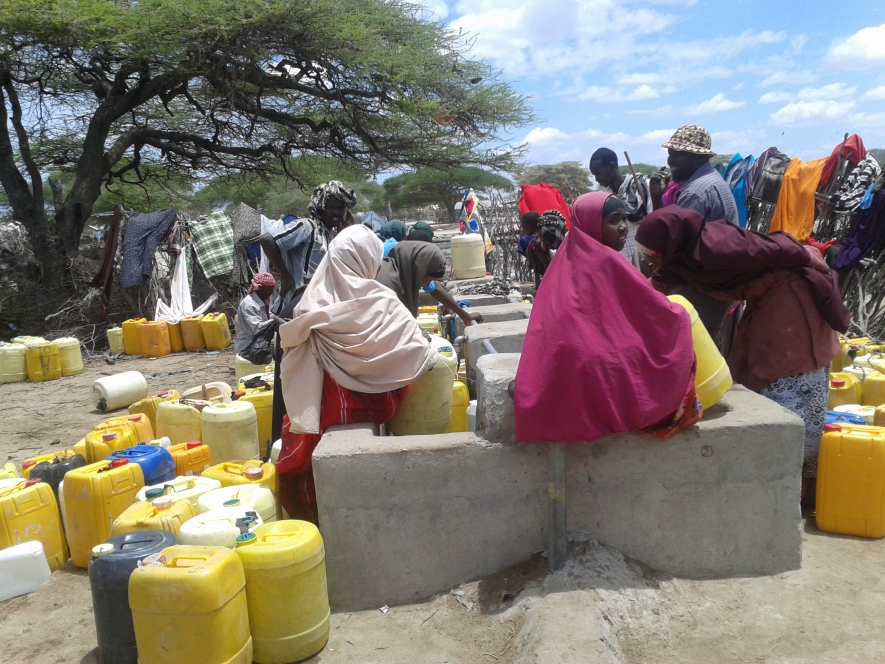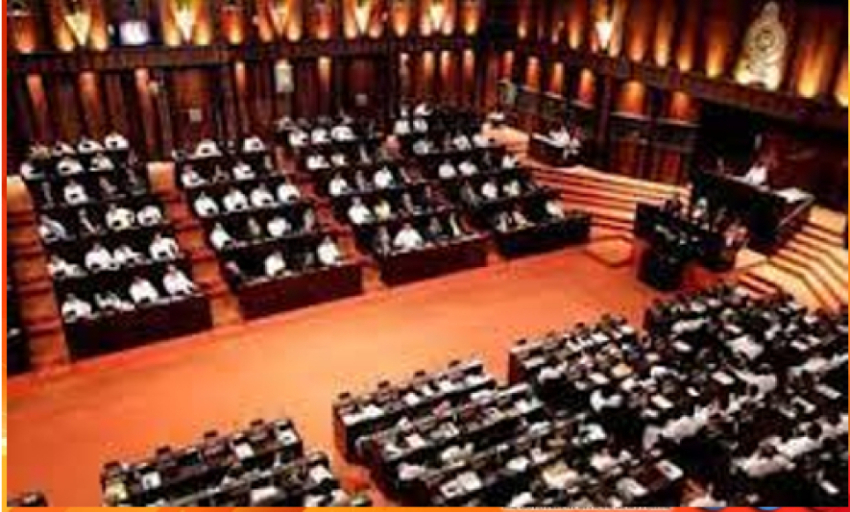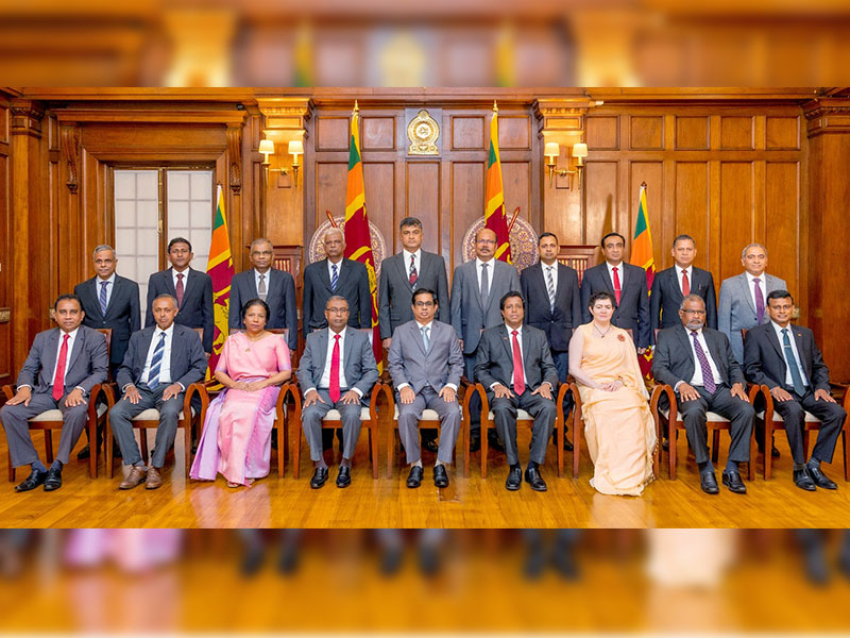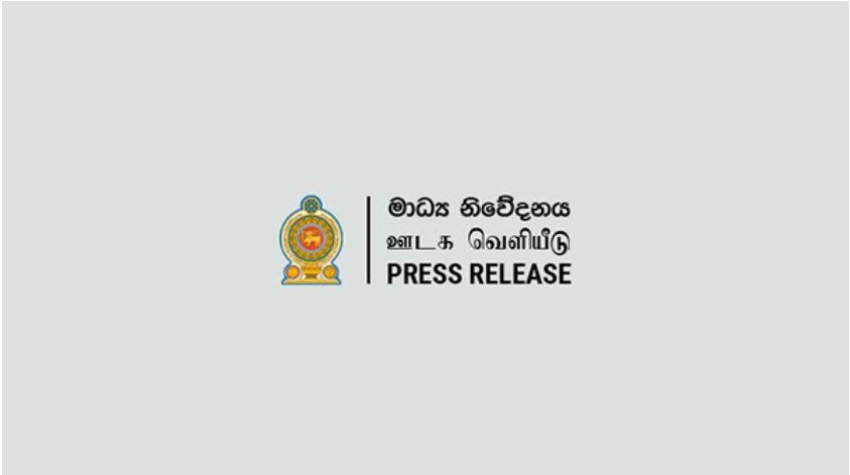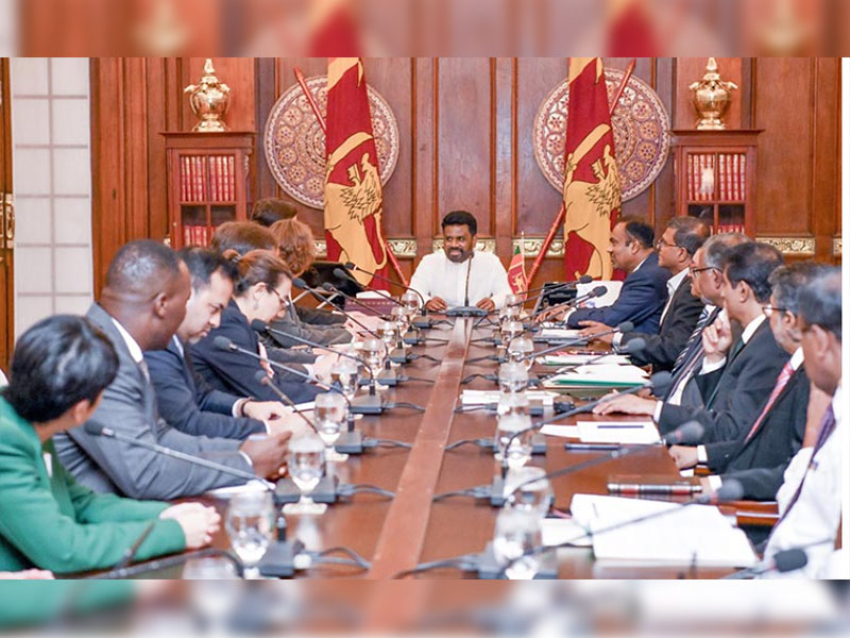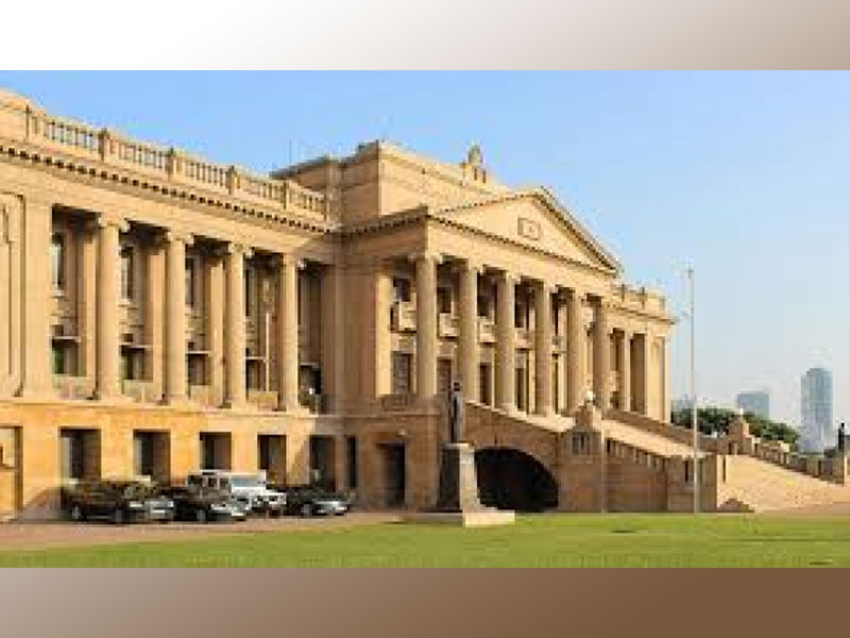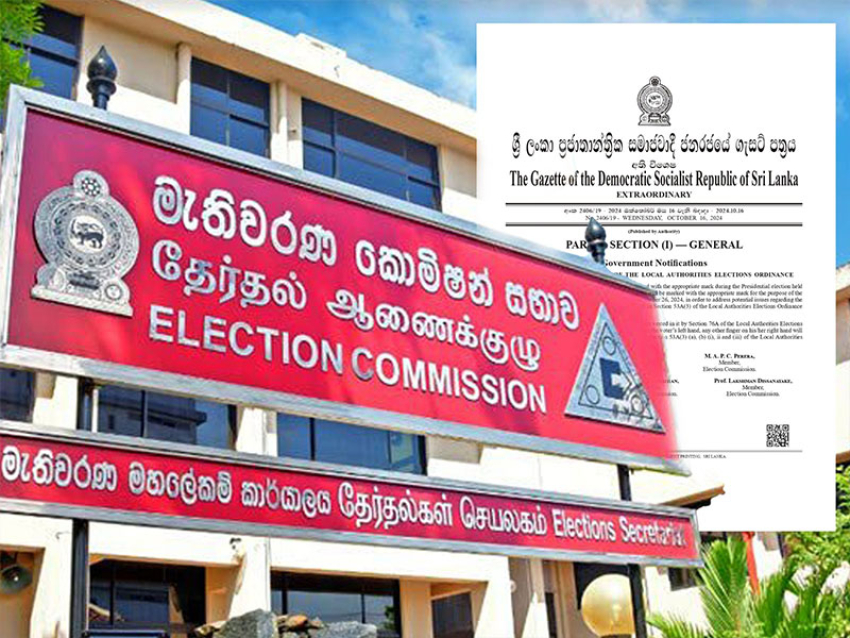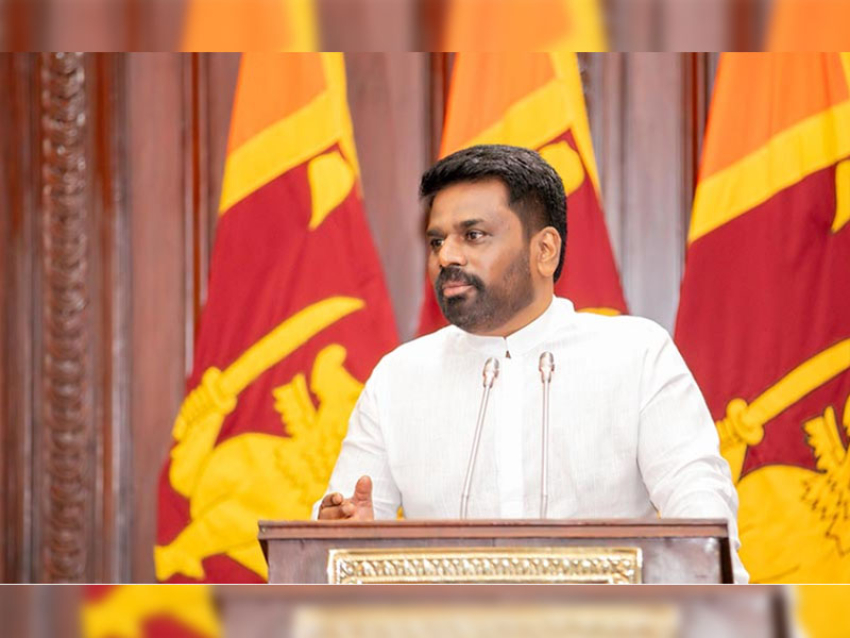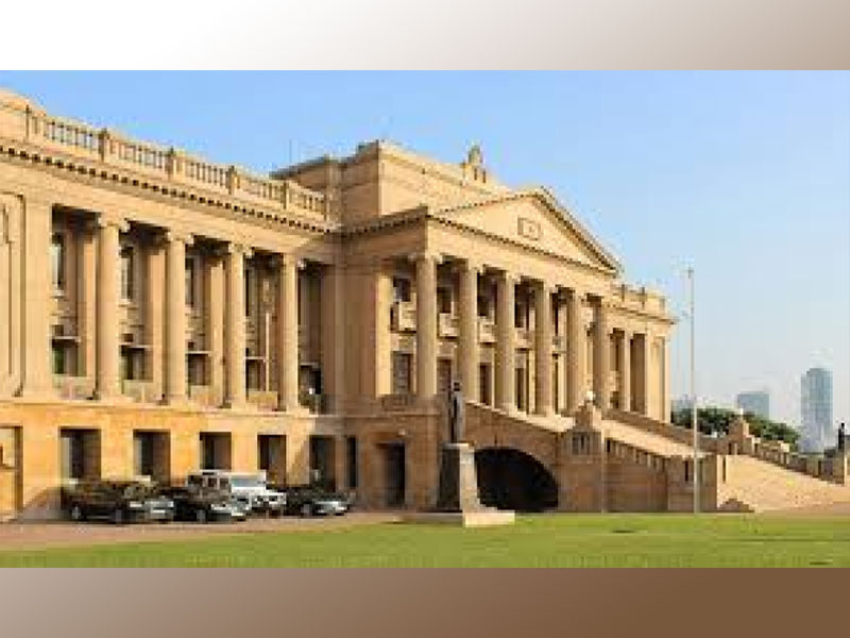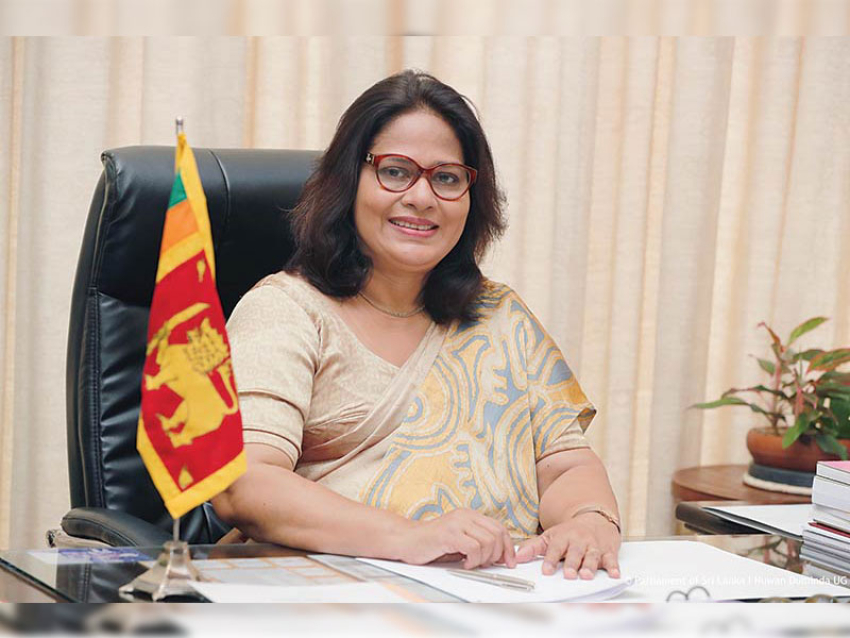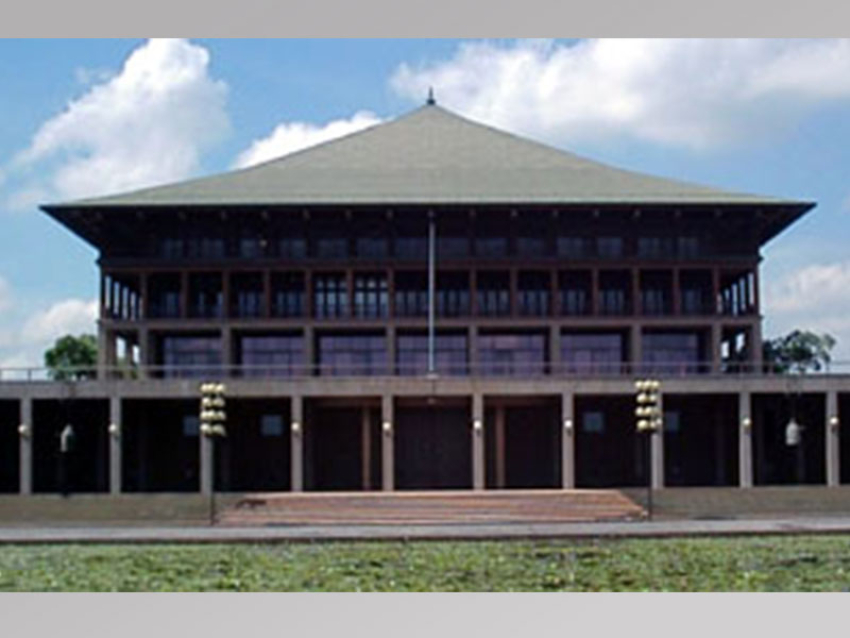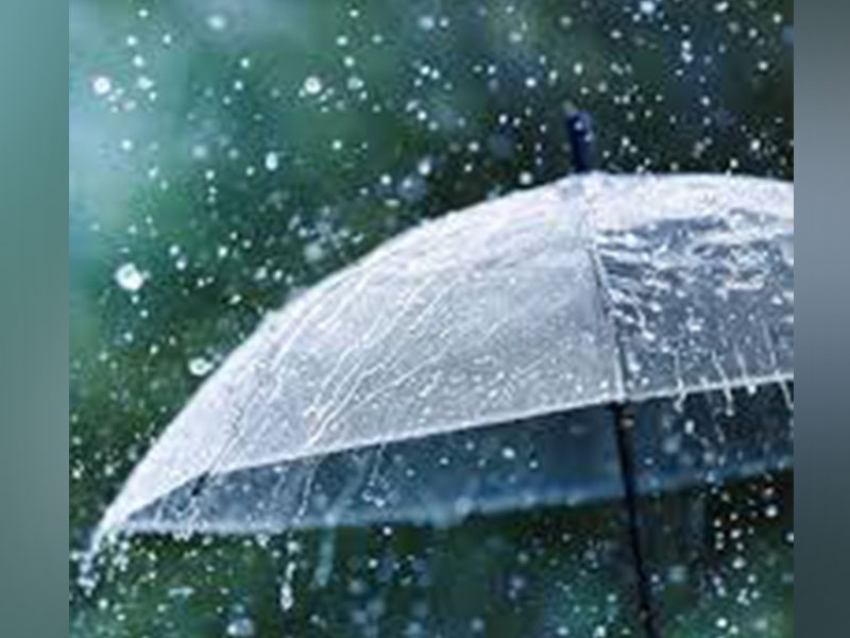The project, which lasted for five months, cost QR 401,500, of which QR129,240 was contributed by a big Qatari donor.
Under the project, 25 surface water wells and seven artesian wells were dug and equipped with water tanks and solar-powered pumps. Awareness sessions were held to educate the beneficiaries about personal hygiene standards and how best to use and maintain these wells, The Peninsula reported.
The project is an attempt from QRC to resettle the populations displaced by the civil war, by providing shelter, clean drinking water, and irrigation water for small farms.
The wells will be used by 20 towns in four northern regions of the country.
An MoU was signed by QRC and the Sri Lankan partner in March. A QRC delegate visited Sri Lanka to examine the tender procedures through a legal committee.
The contract was awarded to the best financial and technical bid from among four bidders. After identifying the areas that need drinking water the most, the execution was carried out in three phases.
All the surface water wells were completed and are now used by the local communities. The artesian wells are in the final stages of execution.
This is not the first water project to be conducted by QRC for the victims of civil war in Sri Lanka. Other projects include digging 24 surface water wells and six artesian wells equipped with water tanks and solar-powered pumps. The $110,000 project was conducted in cooperation with Serendib Foundation for Relief and Development (SFRD).
Under its Ramadan campaign, QRC is planning for more water projects in other countries, including 100 surface and artesian water wells in Nepal, at a cost of QR300,000, to serve 3,000 people.

